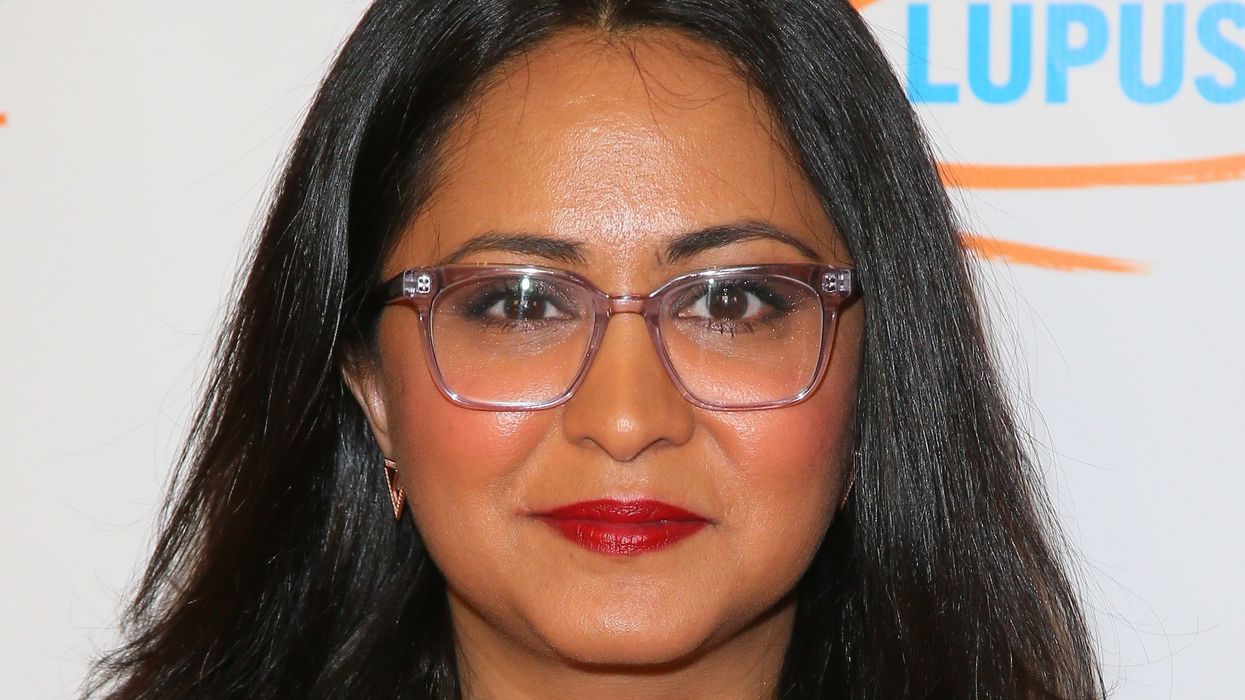The new ITV detective crime drama DI Ray, which deals with themes of race and identity in British society, stars Parminder Nagra as the title character. There is a scene in the first episode of the show where Nagra’s character suddenly realises the real reason she has been asked to lead her first homicide investigation and that is not her merit but her ethnicity.
The Leicester-born Indian actress Nagra, who shot to fame 20 years ago as Jess in Gurinder Chaddha’s football rom-com Bend It Like Beckham (2002) opposite Keira Knightley, says she can “probably list on one hand,” the characters she’s portrayed over the past two decades, where her ethnicity didn’t play a key part.
Citing a recent costume fitting as an example, she says, “It was for a modern-day character, my age, either American or English, and they are bringing out all of this massive Indian jewellery and I’m like, ‘She’s at home… she’d probably wear that to a wedding.’”
In the end, though, she admits she compromised. “It’s hard because you don’t want to come across as having a chip on your shoulder. Which I don’t.” But the disparity between her career since Bend It Like Beckham and that of Knightley suggests there is at least a kernel of truth in what she says. Nagra was the lead, yet it was Knightley who went on to become a household name with blockbusters, Oscar nominations, and Chanel campaigns under her belt.
Nagra joined the cast of US hospital drama ER, for which she moved to Los Angeles, and played the role of Dr Neela Rasgotra for six seasons. But since then, although featuring in big-name TV shows such as The Blacklist (2013) and Agents of S.H.I.E.L.D. (2016), she has frequently been cast in limiting roles.
Her character in the 2018 horror film Bird Box had an Indian accent for no discernible reason other than, one assumes, to tick a box marked “diversity”. “That’s just how it’s been,” says Nagra. “I remember doing one of my first jobs in London when I was 18 and going, ‘Oh I see, it’s just that little bit harder.’ I don’t think I realised how much it was going to keep coming up.”
Rachita Ray is her first leading role in a TV drama, but rather than lamenting the fact that it has taken two decades for something like DI Ray to come along, Nagra is in jovial spirits.
“I’m like, ‘Why can’t I play a lead?’ And then the universe went, ‘Here you go! And it’s helmed by Jed Mercurio,’ and I go, ‘Amazing!’ And then I get on set and I’m like, ‘I’m dying!’” she laughs. “I think it’s one of the hardest things I’ve ever had to do.”
DI Ray is written by Maya Sondhi and exectuvie produced by Jed Mercurio.
Parminder Nagra next stars in the LGBTQ+ adaptation of Sara Jo Cluff’s book The Kiss List.




